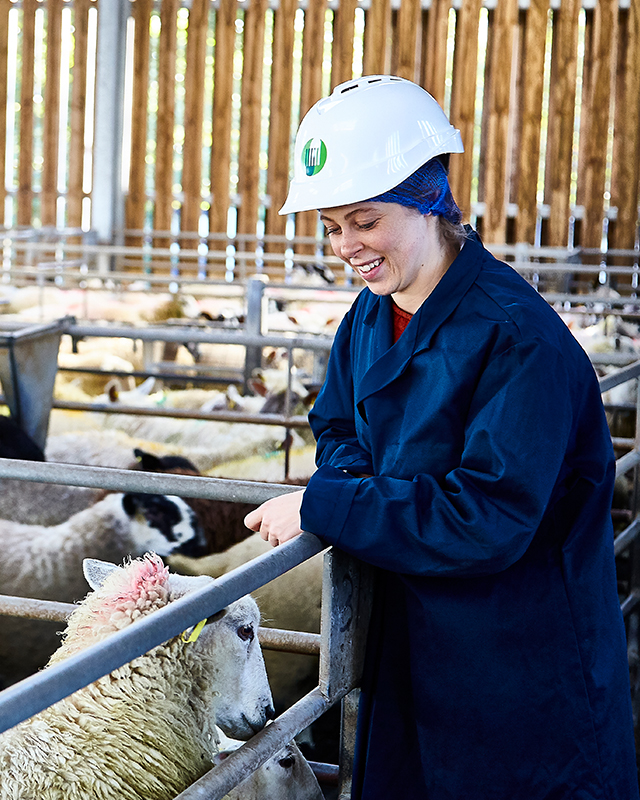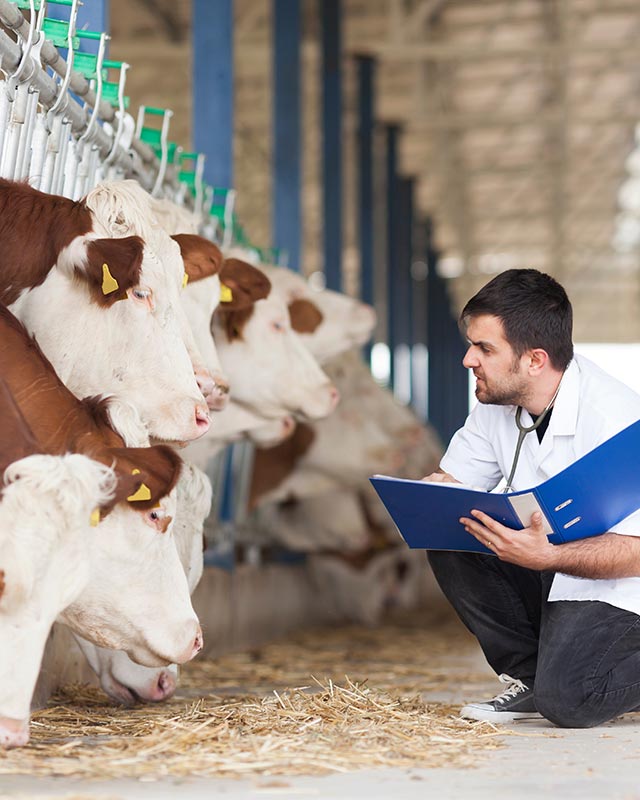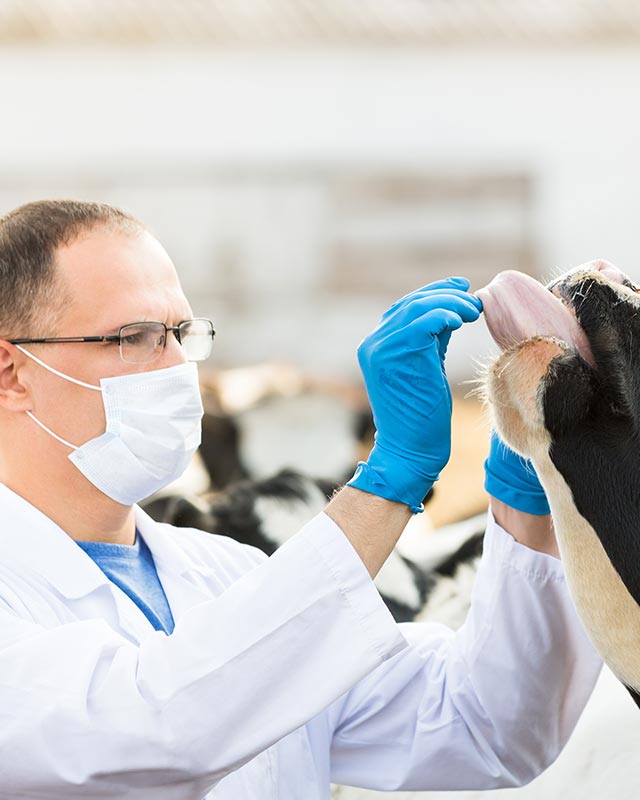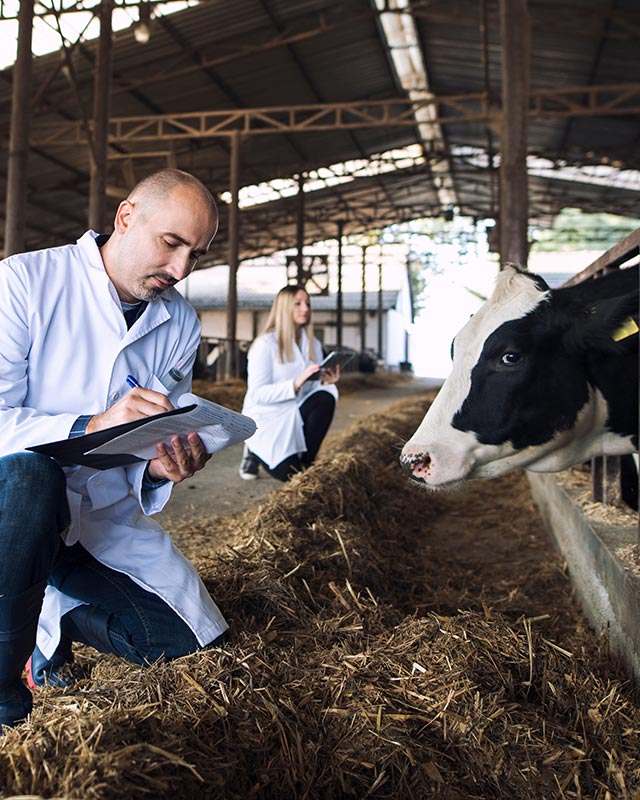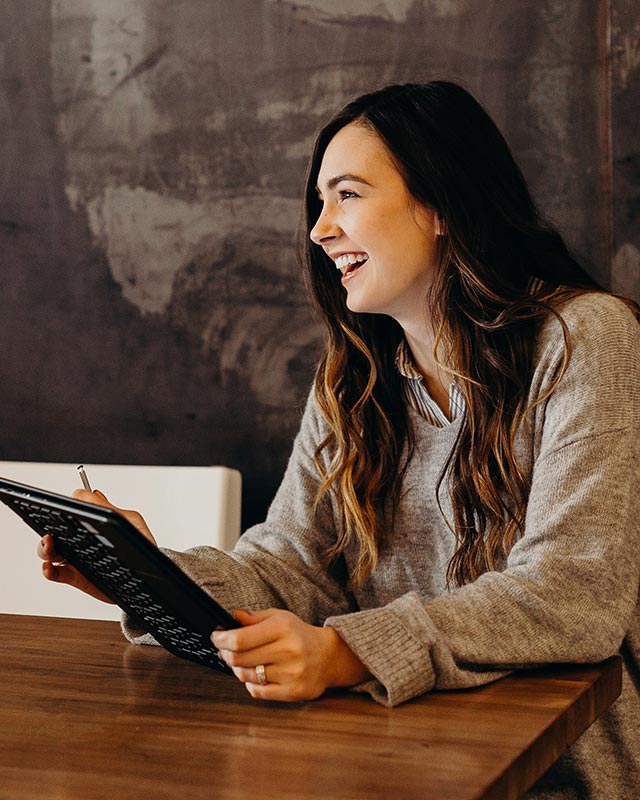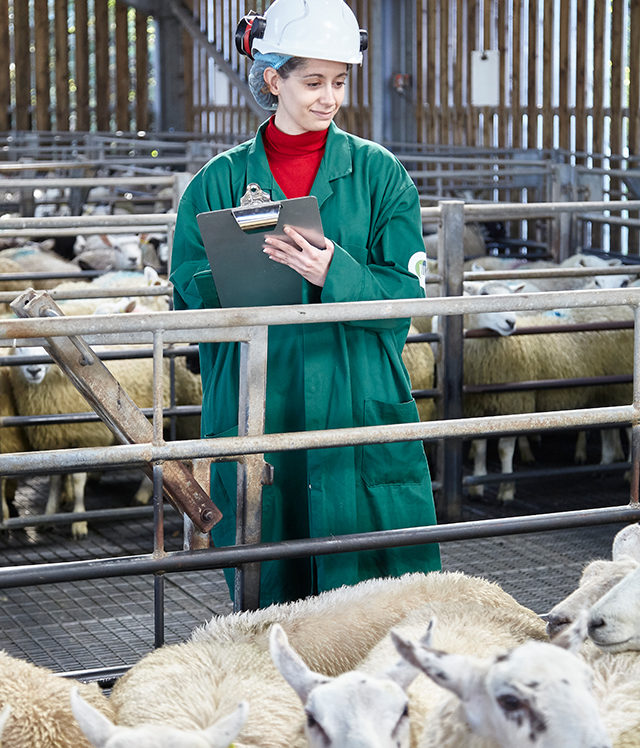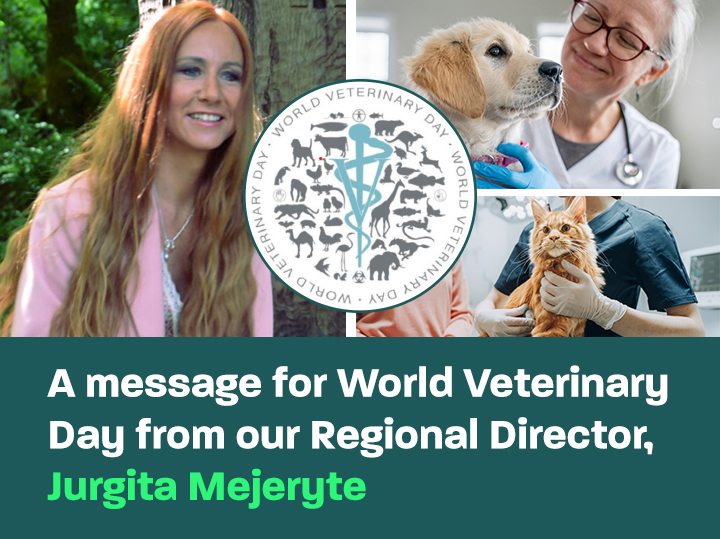World Veterinary Day is an annual celebration of the incredible work of veterinary professionals all over the world.
The theme for 2024 is ‘veterinarians are essential health workers’, based on the importance of recognising the work of veterinary professionals as an essential and integral part of health at large. Veterinary science makes a vital contribution to animal health and wellbeing, as well as to the physical and mental wellbeing of humans and society as a whole.
At E&J, we understand the significance of veterinary work, with our veterinary colleagues playing a crucial role in safeguarding public health. In honour of World Veterinary Day, we’d like to thank all our colleagues for the huge impact they have on the welfare of animals and people in the UK and beyond.
Our vets perform a wide range of important duties such as conducting vital abattoir checks, inspecting animal products that enter the UK, and ensuring UK meat is safe for export. Without these essential roles, public health would be at great risk from a food safety perspective. We also have vets working in small animal clinics, contributing to the wellbeing of pets and their owners far and wide.
We are proud of each and every one of our amazing veterinary professionals and all the fantastic work they do.
To celebrate World Veterinary Day, our West & Wales Regional Director, Jurgita Mejeryte has written an article about the significance of the Official Veterinarian role, to provide vital insight into the crucial work being done outside of clinics…
Firstly, I would like to start by congratulating veterinary colleagues across the world for World Veterinary Day.
I express gratitude to my colleagues for safeguarding animal health, public health, environmental health, and animal welfare. I also express high gratitude to the clinical veterinarians for their dedication, compassion, and expertise in caring for animals.
I wish to mention the primary role I have held for the past 18 years in the UK. I graduated and became a veterinarian in 2006 in Lithuania. At an early stage of my studies, I was passionate about public health, diseases that affect both animals and humans, and the intricacies of post-mortem necropsy. Therefore, my professional career choice to work as an Official Veterinarian in the public sector was easy and obvious.
And here it is – after registering with the Royal College of Veterinary Surgeons in 2006, I began my work as a Veterinary Meat Hygiene Inspector in the beautiful surroundings of Scotland.
Quickly enough, I came to realise how little understanding the public has about the role of the Official Veterinarian. I remember that when I said I’m a vet, the usual question in return would have been, ‘Which clinic do I work at?’ No one asked me about the food establishments I audit, the ports or farms I oversee, or the certifications I facilitate for international trade.
The role of Official Veterinarians working in abattoirs, food establishments, certifying products of animal origin, and working at border control points is crucial, particularly in safeguarding public health through ensuring the safety of food products derived from animals and the prevention and control of animal diseases. While their role shares some similarities with essential health workers, such as doctors and nurses, it also has unique aspects, as mentioned above.
The work of Official Veterinarians is very complex. In addition to a veterinary medicine degree, it requires additional training to gain the required level of knowledge and competence. It is a lifelong learning process to have the specialised knowledge and to comply with RCVS standards to stay on top of the game.
More importantly, what makes the OV job interesting is that our OVs work closely with other government public sector vets to share good practices, expertise, and auditing techniques. They inspect and monitor food production facilities, conduct disease surveillance, oversee animal welfare, and enforce regulations to protect both animal and human health. Exports/imports certification has an enormous bearing too. By working together with FSA veterinarians and other government departments, we become technically stronger, more resilient, and empowered.
For me personally, it also provides a sense of full professional satisfaction. Starting my career as a Veterinary Meat Hygiene Inspector and progressing to a Regional Director role, it gives me the opportunity to build strong leadership and empower my colleagues to do the right thing.
Just imagine if we didn’t have the Official Veterinarian role —what negative impact it would have on the human population. How many humans would potentially end up in hospital with serious illnesses due to dangerous zoonotic diseases if there weren’t effective, regulated frameworks in place to prevent them? What economic impact would there be if international trade stopped due to shortages within this profession?
Are we, Official Veterinarians, essential health workers? Yes, in my view, we are. We just need to change our perception and mindset to adapt to the enormous fast-paced changes that the world is undergoing, including artificial intelligence, climate change, and the rise of dangerous exotic diseases. This role will only become bigger and more important in that sense. All veterinarians need to come together, join forces—public vets and clinical vets—to be stronger and recognised as essential health workers.
